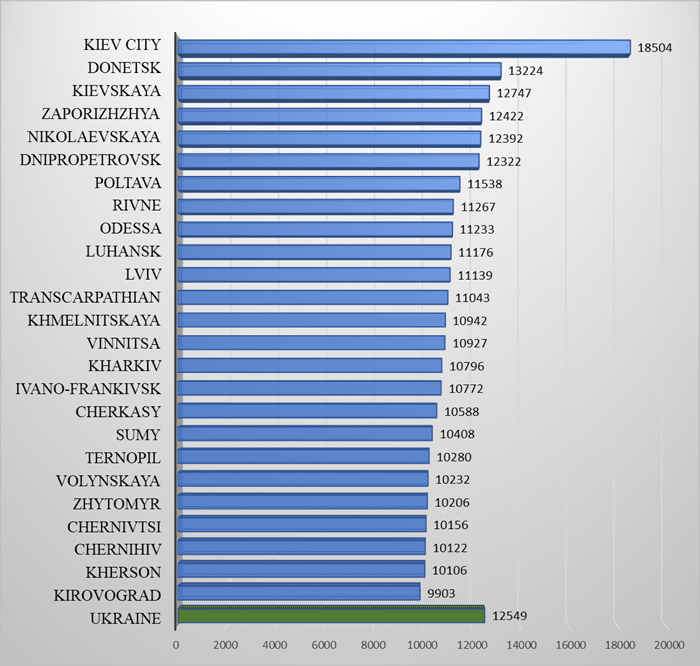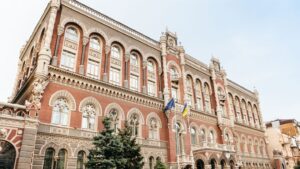
Ukraine has received 367,200 doses of the AstraZeneca-SKBio coronavirus vaccine made in South Korea and delivered by the UNICEF and the WHO within the COVAX facility’s framework.
This batch will be used for vaccinating priority groups and people aged 65 and up, Ukrainian Deputy Health Minister, chief public health official Viktor Liashko told Interfax-Ukraine.
According to the UNICEF press release, Ukraine will receive vaccines for the inoculation of 8 million residents by the end of 2021 via the COVAX facility.
The UNICEF noted that all vaccines supplied via the COVAX facility complied with the WHO safety and efficacy criteria.
“Importantly, against the backdrop of fierce competition and struggle for access to vaccines in the world, COVAX has been confirming in practice the fulfillment of tasks for which this global partnership has been created – to ensure fair opportunities for all,” the press release quoted Liashko as saying.
As reported earlier, the UNICEF delivered 117,000 doses of the Pfizer vaccine to Ukraine last week via the COVAX facility.
AVERAGE MONTHLY WAGE BY REGION IN Feb 2021, UAH


Enterprise with foreign investments McDonald’s Ukraine Ltd. (Kyiv), which develops the American fast food chain McDonald’s in Ukraine, opened a restaurant of the chain at 2, Ivan Mykolaichuk Street in Ivano-Frankovsk on April 17.
According to the press service of the company, the new McDonald’s is designed for 185 seats in the hall and 82 seats on the terrace. The restaurant is equipped with two McDrive lines, delivery areas and express orders. The hall includes 12 self-service terminals and sorting stations for separate waste collection.
In addition, in May, it is planned to launch a robot transporter for the quick delivery of finished orders from the kitchen to the express orders window.
The company said that in addition to this, the opening of new McDonald’s restaurants is planned in Bila Tserkva, Lutsk, Khmelnytsky, Kropyvnytsky and Mariupol.
“Also, in the next two years, the company aims to open the first establishments in Chernivtsi and Uzhgorod, and to increase its presence in cities with a population of one million, such as Kharkiv, Odesa, Dnipro and Lviv,” the company said.
The first McDonald’s in Ukraine was opened on May 24, 1997 in Kyiv.
The McDonald’s restaurant chain in Ukraine has 99 restaurants in 22 cities.
According to the data of the unified public register of legal entities and private entrepreneurs, MCD Europe Limited (100%, London, U.K.) is a participant in the limited liability company.

The single counterparty exposure limit (H7, shall be no more than 25%) as of April 1, was violated by Prominvestbank (76.34%), Sberbank (49.1%) and Industrialbank (49.44%), according to the website of the National Bank of Ukraine (NBU).
According to the regulator, the related party transactions exposure limit (H9, shall not exceed 25%) was violated by First Investment Bank (44.14%) and Unex Bank (27.23%).
The limit on bank total long open FX position (L13-1, shall be no more than 10%) was violated by Oschadbank (131.72%), Prominvestbank (110.89%), PrivatBank (94.02%) and Industrialbank (11.32%).
The limit on bank total short open FX position (L13-2, shall be no more than 10%) was violated by Prominvestbank (111.99%).
The newly introduced net stable funding ratio (NSFR, shall be more than 80%) was violated by Prominvestbank (29.45%).